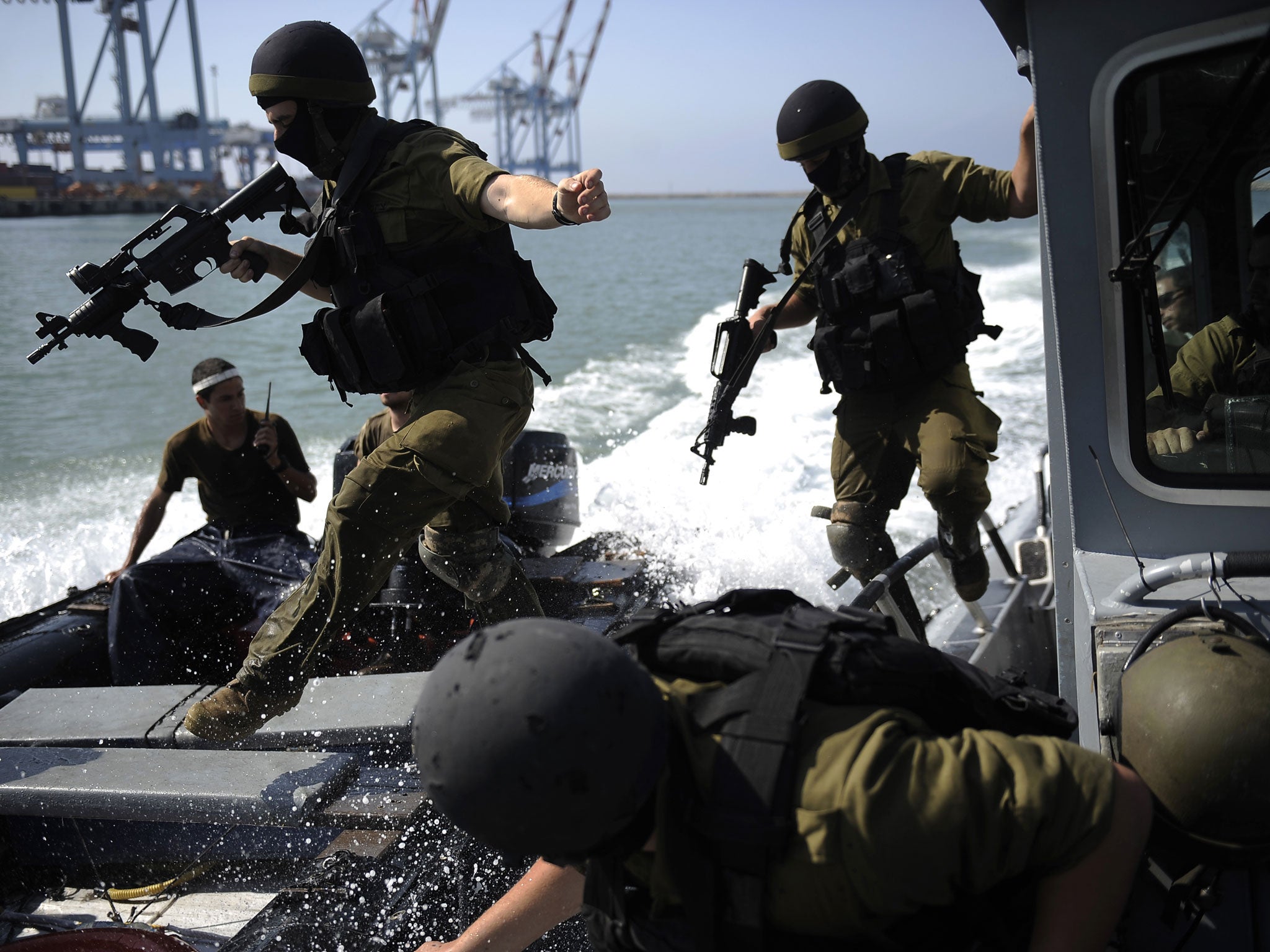'Real men don't do poetry': Israeli army refuses to let IDF soldier read verses on the radio
Broadcast banned over fears it would 'ruin the image of the combat soldier'

Your support helps us to tell the story
From reproductive rights to climate change to Big Tech, The Independent is on the ground when the story is developing. Whether it's investigating the financials of Elon Musk's pro-Trump PAC or producing our latest documentary, 'The A Word', which shines a light on the American women fighting for reproductive rights, we know how important it is to parse out the facts from the messaging.
At such a critical moment in US history, we need reporters on the ground. Your donation allows us to keep sending journalists to speak to both sides of the story.
The Independent is trusted by Americans across the entire political spectrum. And unlike many other quality news outlets, we choose not to lock Americans out of our reporting and analysis with paywalls. We believe quality journalism should be available to everyone, paid for by those who can afford it.
Your support makes all the difference.Real men don’t do poetry. That’s the message at least from one brigade in the Israeli Defence Forces (IDF), which has banned one of its soldiers from reading out his own verses on the radio for fear that it might cast aspersions on the army’s manliness.
Throughout history, soldiers faced with grim circumstances on the battlefield have been inspired to write some of the world’s most memorable poetry. Can anyone really say that John McCrae was a wuss when he wrote ‘In Flanders Fields’ and before dying of pneumonia on a French battlefield in 1918? Or that Wilfred Owen was a bit wet as he wrote his famous works before being killed a week before the end of the First World War?
Even the IDF has in the past encouraged literary pursuits. Army Radio had booked the unnamed solider from the Nahal Infantry Brigade, to appear on its weekly Hebrew literary programme called “Books, Gentlemen, Books.”
One commander in the Nahal Brigade doesn’t seem to share the station’s artistic pursuits, however. According to the Haaretz newspaper, the solider was already on his way to the radio station when he got the call from a bridge spokesperson who reports to brigade’s commander, Colonel Yehuda Fuchs. The spokesperson is said to have told the solider that his appearance would “ruin the image of the combat solider” and that he ran the risk of revealing “personal and sensitive” information.
Additionally, he was told that having poem-quoting soldiers was, “not how the Nahal Brigade wants to be portrayed in public.”
There was no response to a request by The Independent for an interview with the soldier, and for a copy of the offending poem. An IDF spokesman told Haaretz that “because the soldier was not given permission by the IDF spokesman to be interviewed, as army regulations require, it was made clear to the soldier that he couldn’t appear on the programme.”
The ban is said to have been received badly by the soldier’s unit and his comrades. The decision also appears odd given that the Israeli army has a tradition of encouraging its soldiers’ artistic flair. There are a number of literary competitions for soldiers in Israel, including in a military newspaper where troops are encouraged to write fresh endings to well-known stories.
In the past, entrants in officially sanctioned poetry competitions have had their entries posted on the IDF’s spokespersons’ website.
Join our commenting forum
Join thought-provoking conversations, follow other Independent readers and see their replies
Comments